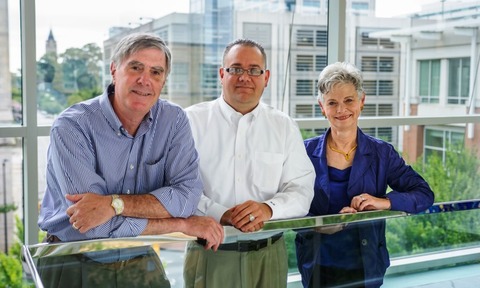Communication key to biopharma 'bottleneck'
20 Aug 2014

Roadblocks in biopharmaceutical discovery lead to disruption in drug commercialisation, new study finds.
Analysis of university inventions licensed to biopharmaceutical firms for further research has revealed that breakdowns in communication can often lead to ’early bottlenecks on the path to commercialisation’.
Researchers at the Georgia Institute of Technology (GIT) suggest barriers could be opened through better communication of basic research results during the discovery stage.
The GIT study pinpoints how much time is lost earlier in the commercialisation pathway, when biopharmaceutical companies stop researching an invention and transfer the technology to other firms for repurposing.
“Nobody knew the magnitude of how much licensing changes and the stages at which they change
Study co-author Marie Thursby
“The timeline for commercialisation is much longer than most people think. There is so much turmoil and churn within the process,” said study co-author Jerry Thursby, a GIT professor.
According to researchers, an element of ’zigzagging’ is widespread across biotech firms and research areas before drugs can be brought to market.
“What these data reveal is that there’s a lot of bench to bench translational research. It’s not linear,” said Marie Thursby, a study co-author.
To conduct the study, researchers built a database of 835 patents in 342 university licenses with biotech firms.
“A very large fraction of the time, an invention pops out as something else and the timeline for the discovery stage starts all over again,” said J Thursby.
The study revealed that 27% of the 835 inventions studied appeared in a second licence, with the average time from invention to first licence being over five years, while the average time between first and second licence was three and a half years.
“Nobody knew the magnitude of how much licensing changes and the stages at which they change,” said M Thursby.
“The biotechnology industry is quite fragmented, and there are all sorts of informational problems,” she added.
To counter this problem, the researchers suggest the formation of an open-database where patents and licenses for biomedical research can be logged and accessed.
“What might be a failure to a biotech firm could be a success to society as a whole,” J Thursby said.

